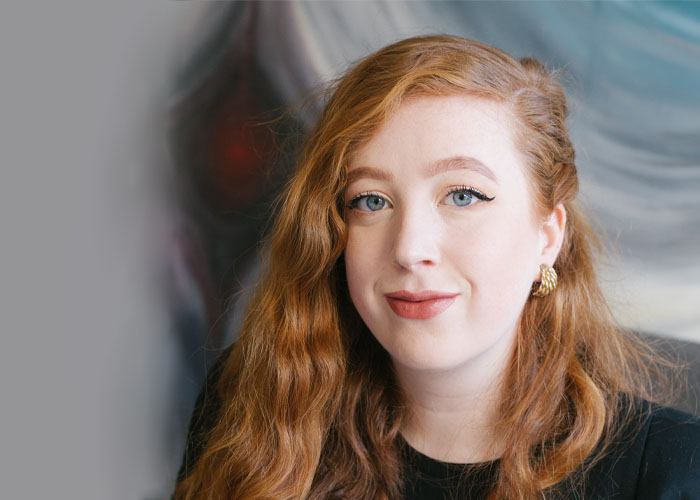
Connected: Increasingly, PE deals seem to be based on social ties rather than rational decision-making
A growing tendency for Private Equity (PE) firms to sell companies among themselves rather than selling them back to the open market is being investigated by a Warwick Business School doctoral student in a piece of research that has won the backing of the Strategic Management Society (SMS).
Ever since they first emerged in the 1980s, PE firms have been buying up companies in a process that is focused on building, managing and enhancing their acquisition’s performance before selling them back to the marketplace.
In recent years, however, PE investors have engaged increasingly in secondary buyouts (SBOs) in which they sell on their acquisition to another financial buyer, sometimes even divesting to another fund in their own organisation.

Deirdre Coveney: One of only nine students worldwide awarded the Will Mitchell Research Grant this year
“The question is whether, by selling to their friends, PE firms are over-squeezing the lemon rather than creating value in the marketplace,” said Deirdre Coveney, a third-year PhD candidate at WBS who is looking into the key drivers behind SBOs and the impact of these financial transactions on the markets as a whole.
Her research proposal earned her a prestigious Will Mitchell Dissertation Research Grant in January this year, a scholarship that is offered to a dozen or so doctoral students annually by the Strategy Research Foundation (SRF), which is part of the SMS. Only nine people received the grant globally this year.
Based in Chicago, the SMS has more than 3,000 members worldwide consisting of academics, business practitioners and consultants.
Are values being inflated by PE secondary buyouts?
SBOs have prompted increasing concern among financiers, some of whom suggest that the SBO dynamic represents an appropriation of value from others rather than the creation of value.
Where once the PE exit strategy was based on an offer of financial and operational expertise to their under-performing target company before divesting a better performing company to the marketplace, they say, the arrangements trending now look more like ‘pyramid’ or ‘Ponzi’ schemes designed to inflate deal values.
With deal values continuing to rise across global markets, various financial regulators have also voiced concern.
Many of these deals are based on social ties, Deirdre suggested in her research proposal.
“Previous research has examined how, when faced with uncertainty, individuals make decisions based on information gathered from their network,” the PhD student said.
“This can decrease organisational performance as their decision-making is based on social status and group cohesion over rational decision-making.
“The question is at what point do these social ties become the basis for decision-making over the interest of the target?”
In addition to looking at these Board-level connections, Deirdre is also exploring the length and timing of PE ownership and whether that increases the likelihood of SBOs.
In putting together her thesis, she is drawing on a wide range of sources such as financial data platforms Thomson Reuters Eikon, SDC Platinum Mergers & Acquisitions, and Playbook, as well as interviewing finance executives.
Doctoral supervision at WBS
Deirdre’s application to the SRF was made under the guidance of her doctoral supervisors, Sotirios Paroutis, Professor of Strategic Management, and Koen Heimeriks, Professor of Strategy, of the Strategy & International Business Group.
Professor Paroutis said: “Deirdre is the second student at Warwick Business School to win this prestigious award in the space of five years.
“The first was Dr Christina Wawarta whose thesis examined strategy development and implementation at the NASA Johnson Space Center in Houston.”
Professor Heimeriks said: “One of the criteria for the SRF research funding is that the piece of work makes ‘a new and substantial theoretical or empirical contribution to the academic field of strategic management’.
“So Deirdre’s successful application for the award is a real achievement.”
Our PhD courses enable our students to experience independent thinking in a world-class interdisciplinary environment, allowing them to develop and deepen their chosen area of research.
For those wanting to build their own qualification at their own pace, Warwick Business School also offers the opportunity to study for a number of Postgraduate Awards in organisational strategy.




 X
X Facebook
Facebook LinkedIn
LinkedIn YouTube
YouTube Instagram
Instagram Tiktok
Tiktok